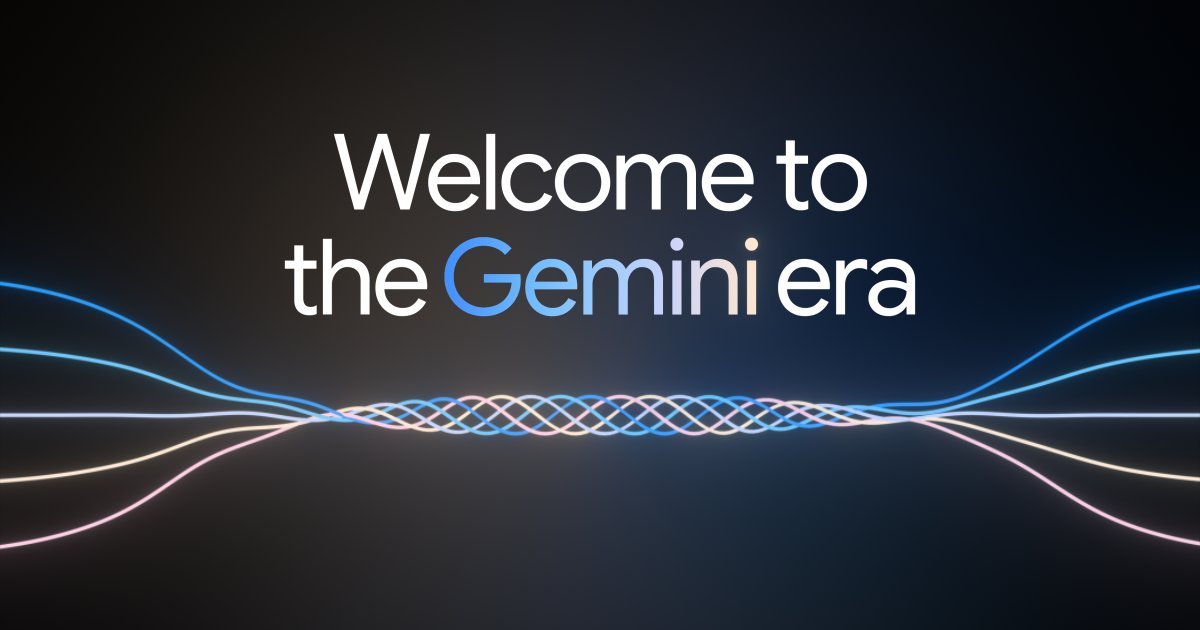Google has announced a temporary suspension of its Gemini AI chatbot’s ability to generate images of people. The move comes after concerns about inaccuracies and potential biases within the image generation process.
Key Highlights
- Temporary Suspension: Google has paused Gemini’s ability to generate images of people but other features of the AI chatbot remain unaffected.
- Addressing Inaccuracies: The decision is a response to complaints about inaccuracies in historical depictions and potential biases in the image results.
- Working for Improvement: Google is actively working to fix these issues and plans to release an improved image generation feature soon.
AI-powered image generation has become increasingly popular, but it also comes with challenges. Large language models, like the one powering Gemini, are trained on massive datasets that can contain biases and stereotypes. These issues can manifest in the AI’s output, such as its generated images.
In Gemini’s case, users observed the AI inserting racially diverse characters into historical scenes. This sparked criticism about historical overcorrection and raised concerns about whether the AI’s image generation could perpetuate harmful stereotypes or misrepresentations of history.
Information Areas to Expand On
- Technical Details: Briefly explain how AI image generation works (e.g., the use of generative models trained on large datasets). This will help readers understand the root cause of potential inaccuracies.
- Specific Examples: Provide more concrete instances where Gemini’s image generation created biases or misrepresented history. This will substantiate the need for the suspension.
- Expert Opinions: Include quotes from AI ethics researchers or industry leaders about the challenges of mitigating bias in AI image generation models.
- Other Companies’ Approaches: Briefly mention how other tech companies with AI image generation capabilities are handling similar concerns (e.g., filters, diversity in training data).
How to Incorporate This Information
You can choose the areas you find most important and add them as additional paragraphs or weave them more subtly throughout your existing article:
Example: Adding Expert Opinion
“…Google’s response reflects a growing concern echoed by AI researchers. ‘Mitigating bias in image generators is an ongoing challenge,’ says Dr. [AI Researcher’s Name] at [Institution]. ‘Companies need to constantly evaluate their models and be prepared to adjust them when issues arise.'”
Google’s Response
Google was swift to acknowledge the issues with Gemini’s image generation. In a statement, the company said: “We’re aware that Gemini is offering inaccuracies in some historical image generation depictions, and we’re working to improve these kinds of depictions immediately.”
The temporary suspension of this image generation feature demonstrates Google’s commitment to addressing potential biases and ensuring the responsible use of its AI technology.
Challenges of AI Image Generation
The ethical concerns surrounding AI image generation are a significant area of discussion within the tech industry. Researchers and developers continually work to develop AI models that produce fair and representative outputs. Finding the right balance between representation and avoiding the reinforcement of existing stereotypes is a delicate process.
Responsible AI Development
Google’s willingness to pause and rework a feature of its popular AI chatbot reflects a growing emphasis on responsible AI development. Companies and users alike are recognizing the potential impact of AI on society. As image generation tools become more mainstream, proactive measures like these will be crucial for ensuring they are used ethically and responsibly.



















